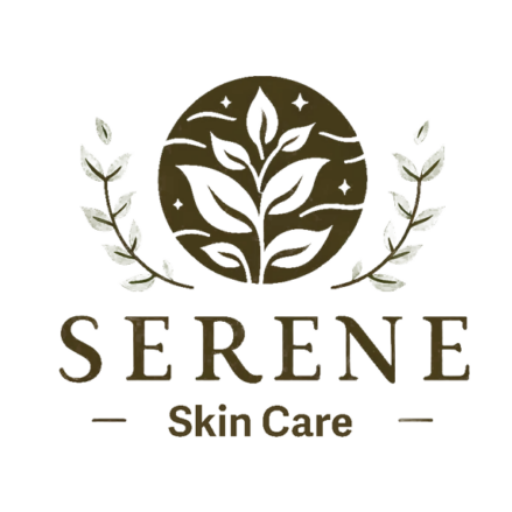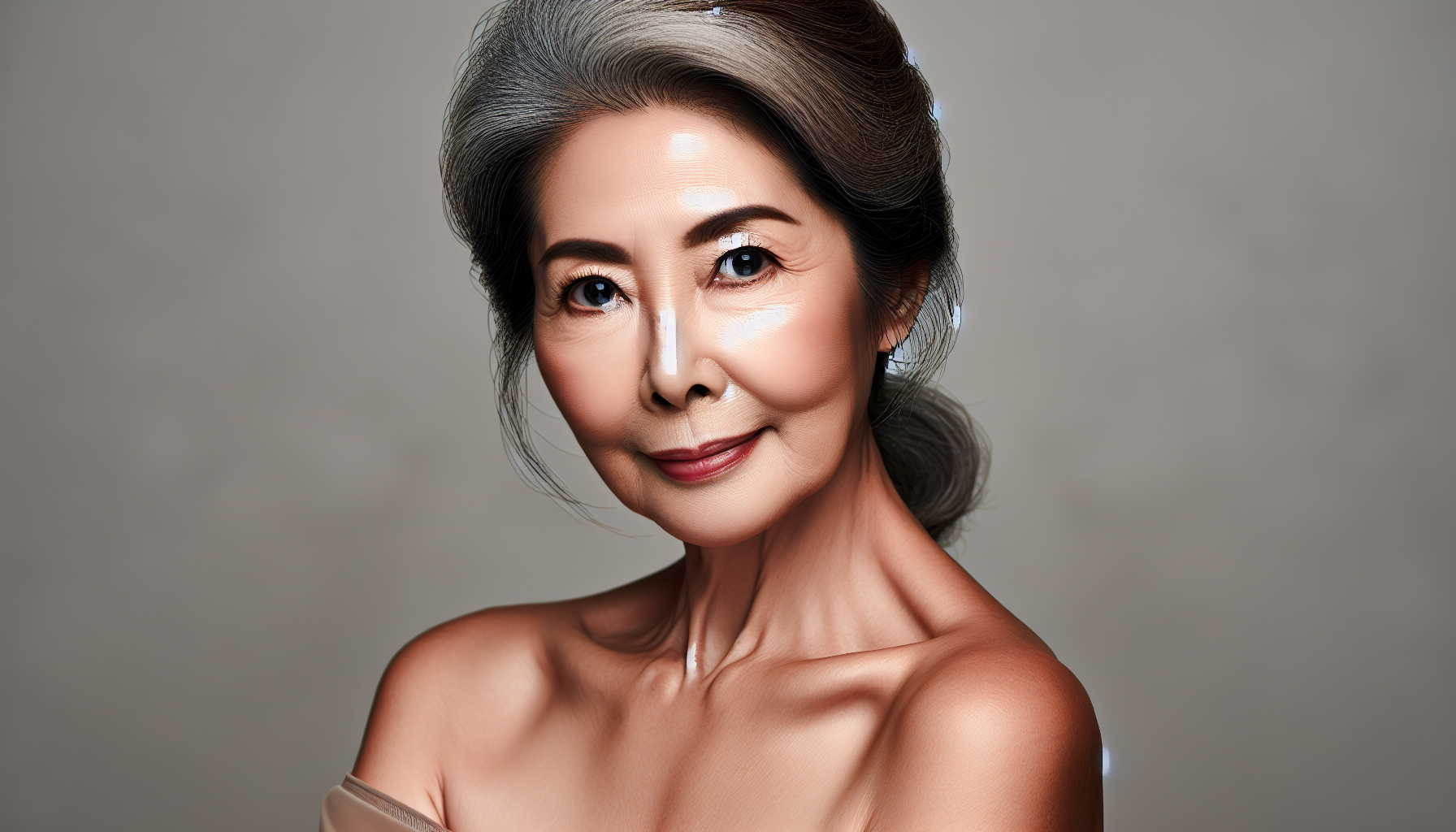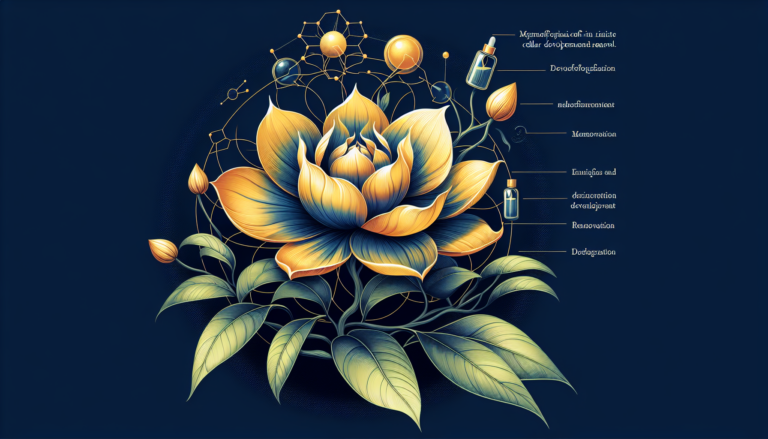Skin aging is a natural process that affects everyone as they get older, and understanding the science behind it can help individuals take better care of their skin. This article explores the various factors that contribute to skin aging, such as genetics, sun exposure, and lifestyle choices, and provides practical tips and techniques for counteracting its effects. With insights into the latest advancements in skincare, readers will be equipped with the knowledge they need to maintain a youthful and radiant complexion.
The Science Of Skin Aging
Aging is a natural and inevitable process that affects every part of the body, including the skin. As we age, the skin undergoes various changes that contribute to wrinkles, dryness, and a loss of elasticity. Understanding the science behind skin aging can help us better comprehend the factors that contribute to it and find effective ways to counter its effects.
Understanding the Aging Process of the Skin
The aging process of the skin involves both intrinsic and extrinsic factors. Intrinsic aging, also known as chronological aging, is the natural aging process that occurs over time. It is primarily influenced by genetics and hormone levels. Extrinsic aging, on the other hand, is caused by external factors such as sun exposure, pollution, smoking, and poor skincare habits.
Causes of Skin Aging
There are numerous causes that contribute to the aging of the skin. One of the primary causes is exposure to the harmful ultraviolet (UV) rays of the sun. Prolonged sun exposure without protection leads to the breakdown of collagen and elastin, which are the proteins responsible for maintaining the skin’s firmness and elasticity. Other factors that accelerate skin aging include environmental pollution, smoking, repetitive facial expressions, and a poor diet lacking in essential nutrients.
Effects of Skin Aging on Appearance
The effects of skin aging on one’s appearance can be distressing for many individuals. As skin ages, it becomes drier, thin, and less resistant to damage. Fine lines and wrinkles start to appear, particularly around the eyes, mouth, and forehead. The skin may also develop age spots, uneven pigmentation, and a dull complexion. These visible signs of aging can have a significant impact on an individual’s self-esteem and overall well-being.
Role of Genetics in Skin Aging
Genetics play a crucial role in the aging of the skin. The genes we inherit from our parents determine how our skin ages and how quickly it shows signs of aging. Some people are genetically predisposed to age more slowly, while others may experience premature aging. It is important to note that while genetics do play a significant role, lifestyle factors also have a substantial impact on the aging process.
Impact of Lifestyle Factors on Skin Aging
While genetics may lay the foundation for skin aging, lifestyle factors can either accelerate or decelerate the process. Unhealthy habits such as smoking, excessive alcohol consumption, and a poor diet lacking in fruits and vegetables can speed up skin aging. On the other hand, adopting a healthy lifestyle with a balanced diet, regular exercise, adequate sleep, and stress management can help slow down the aging process and maintain the skin’s youthful appearance.
How to Counter Skin Aging
While we may not have the ability to completely stop or reverse the aging process, there are several steps that can be taken to counter the effects of skin aging and maintain a youthful complexion. By incorporating these practices into a daily skincare routine, individuals can significantly improve the health and appearance of their skin.
Protecting the Skin from Harmful UV Rays
One of the most effective ways to counter skin aging is by protecting the skin from harmful UV rays. This can be accomplished by wearing sunscreen with a high SPF every day, even on cloudy days. Additionally, seeking shade, wearing protective clothing, and using accessories such as hats and sunglasses can further shield the skin from the damaging effects of the sun.
Nourishing the Skin with a Healthy Diet
A healthy diet plays a vital role in maintaining youthful-looking skin. Consuming a variety of fruits, vegetables, whole grains, and lean proteins provides essential nutrients that support skin health. Specific nutrients such as vitamins C and E, omega-3 fatty acids, and antioxidants help protect the skin against free radicals and promote collagen production.
Hydrating the Skin with Proper Moisturization
Proper moisturization is essential for keeping the skin hydrated and preventing dryness, which can contribute to the appearance of wrinkles. Using a moisturizer suitable for the skin type and applying it daily can help maintain the skin’s moisture balance and improve its elasticity.
Using Anti-Aging Skincare Products
Anti-aging skincare products formulated with ingredients such as retinol, hyaluronic acid, and peptides can effectively target the signs of aging. These ingredients help reduce the appearance of wrinkles, improve skin texture, and promote collagen production. It is important to select products that are suitable for one’s skin type and concerns.
Adopting a Regular Skincare Routine
Establishing a regular skincare routine is essential for maintaining the health and youthfulness of the skin. This routine should include cleansing, toning, moisturizing, and applying sunscreen. Consistency is key, as skincare products need time to work and deliver noticeable results.
Considering Dermatological Treatments
For individuals looking for more advanced solutions to address specific skin concerns, dermatological treatments can be highly beneficial. Procedures such as chemical peels, microdermabrasion, laser resurfacing, and dermal fillers can help reduce the appearance of wrinkles, improve skin texture, and promote collagen production. It is important to consult with a qualified dermatologist to determine the most suitable treatment option.
Managing Stress to Prevent Premature Aging
Stress has been linked to premature aging of the skin. Chronic stress can cause the release of stress hormones that contribute to inflammation and the breakdown of collagen. Techniques such as meditation, yoga, deep breathing exercises, and engaging in activities that bring joy can help manage stress levels and promote overall well-being.
Getting Sufficient Sleep for Skin Health
Adequate sleep is essential for skin health and overall vitality. During sleep, the body repairs and regenerates cells, including those in the skin. Lack of sleep can lead to increased inflammation and the production of stress hormones, which can accelerate skin aging. It is recommended to aim for 7-9 hours of quality sleep each night to promote optimal skin health.
Avoiding Harmful Habits
Certain habits can have a detrimental impact on the health and appearance of the skin. Smoking, for example, damages collagen and elastin fibers, leading to premature wrinkles and a dull complexion. Excessive alcohol consumption, on the other hand, dehydrates the skin and deprives it of essential nutrients. By avoiding these harmful habits, individuals can protect their skin and preserve its youthful appearance.
Considering Cosmetic Procedures for Skin Rejuvenation
For individuals looking for more significant rejuvenation, there are various cosmetic procedures available. These procedures, including facelifts, brow lifts, and skin tightening treatments, can help address deep wrinkles, sagging skin, and loss of facial volume. It is important to consult with a qualified cosmetic surgeon to determine the most suitable procedure based on individual concerns and goals.
In conclusion, understanding the science of skin aging and implementing effective countermeasures can help individuals maintain a youthful complexion and minimize the visible signs of aging. By protecting the skin from harmful UV rays, nourishing it with a healthy diet, adopting a regular skincare routine, and considering advanced treatments when necessary, individuals can proactively combat the effects of skin aging and enjoy vibrant, radiant skin for years to come.



